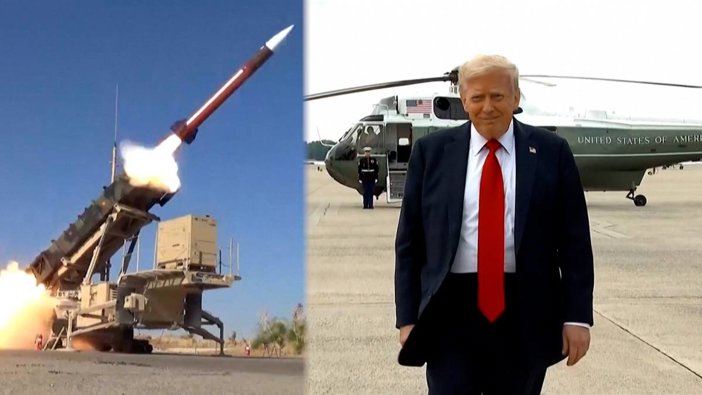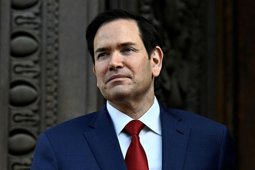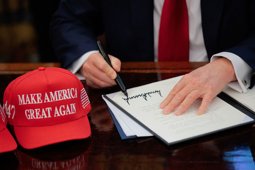
Trump’s NATO Deal Arms Ukraine, Europe Pays for Weapons
Trump’s NATO deal sends US weapons to Ukraine with European funding as Russia warns of “preemptive strikes.”
Trump’s NATO Deal Redirects Ukraine Aid Burden to Europe
President Donald Trump has won over even longtime GOP skeptics with a new plan that sends American-made weapons to Ukraine—but with a decisive twist: European allies will foot the bill. The announcement marks a dramatic pivot in US policy and comes after months of internal Republican opposition to further aid for Kyiv. Under Trump’s deal, the US will supply arms and military equipment to Ukraine while NATO partners provide the funding, sparing American taxpayers from the cost of prolonged involvement in the war.
Even previous critics of Ukraine aid, such as Vice President JD Vance and other House Republicans, have lined up in support of the move. “Vice President Vance completely supports President Trump’s plan to save American taxpayers from indefinitely funding the conflict in Ukraine and remains committed to the president’s goal of ending the bloodshed in Eastern Europe,” Vance’s spokesperson said. The shift allows Republican lawmakers, including those who opposed earlier supplemental packages, to justify their new positions and highlights Trump’s emphasis on “America First” and shared NATO responsibility.
US Delivers Weapons, Russia Responds with Threats
In the wake of Trump’s deal, shipments of advanced US Patriot missile systems have been prioritized for Ukraine. Trump stated that “billions of dollars’ worth of military equipment is going to be purchased from the United States, going to NATO, and quickly distributed to the battlefield.” The package is said to include a comprehensive set of defenses, from air defense batteries to additional weaponry.
The shift has not gone unnoticed in Moscow. Former Russian President Dmitry Medvedev, now deputy chair of Russia’s security council, declared that Russia should consider “preemptive strikes” against the West in response to the new NATO arms deliveries. “If necessary, launch preemptive strikes,” Medvedev told Russian media, describing NATO’s moves as a “full-scale war” against Russia. The threat comes as Trump announced 100% tariffs on countries buying Russian oil if the Kremlin does not reach a peace deal with Ukraine in 50 days—a move meant to maximize pressure on President Vladimir Putin’s regime.
Meanwhile, reports emerged that Trump had discussed with Ukrainian President Volodymyr Zelenskyy the possibility of Ukraine striking the Russian capital, though the White House clarified the exchange as taken out of context. US officials stressed that weapons are being routed to NATO countries for distribution to Ukraine, with European nations such as Germany facilitating the transfer. Switzerland, which is not a NATO member, reported a delay in its own Patriot system deliveries due to Washington’s decision to prioritize Ukrainian needs.
Congress Reacts and Debates Future US Role
The policy change has quieted many Republican isolationists, but some—like Rep. Marjorie Taylor Greene—remain opposed, insisting American resources be spent at home. Others argue that letting NATO purchase US weapons is a win for both national security and industry, as “NATO purchasing weapons from us” provides revenue while supporting Ukraine’s defense.
Critics of the Biden administration’s earlier aid strategies, such as Rep. Derrick Van Orden, have now embraced the European-led approach, saying “Europe has to step up and do the preponderance of their own defense.” Congressional debates continue over the speed and impact of weapons deliveries, with some lawmakers and EU leaders calling for faster, more decisive action to counter Russia’s aggression.
Ukrainian President Zelenskyy, while welcoming support, expressed concern that Trump’s 50-day deadline could mean 50 more days of casualties for his country. “Every day is scary,” he told reporters, urging Washington and its allies to increase the pressure on Moscow without delay. As the Ukraine Defense Contact Group prepares to finalize delivery schedules, the world watches for signs of whether Europe’s new leadership in funding will accelerate peace or deepen the conflict.






